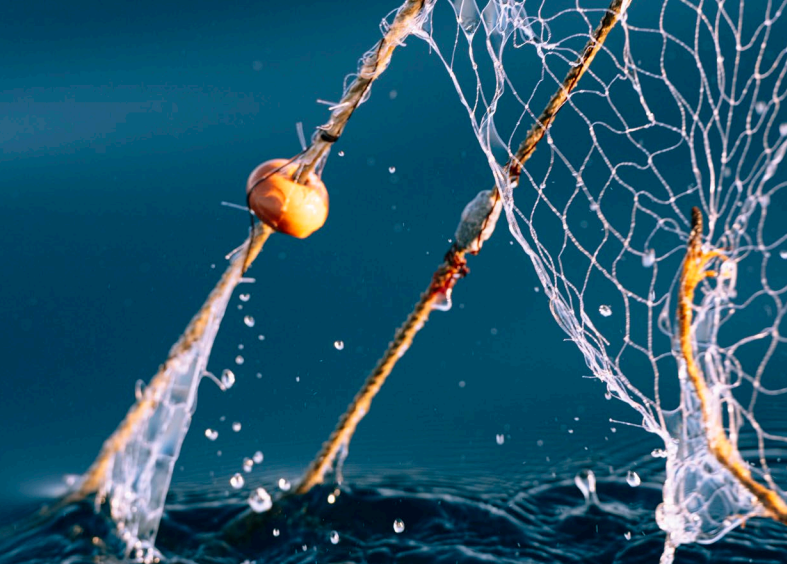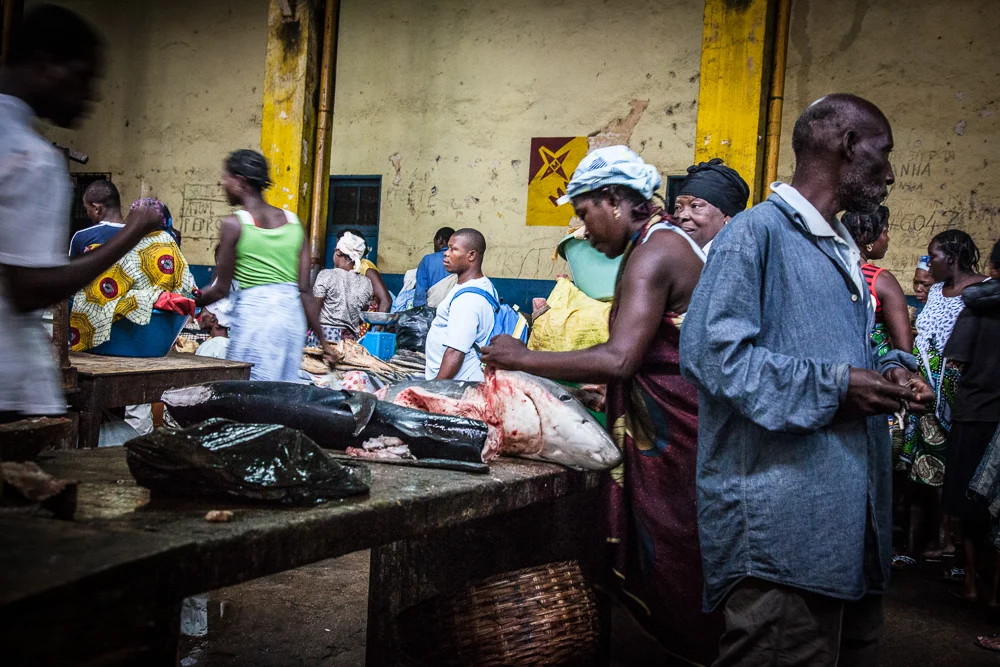Seychelles is the first country in the world to publish a report that assesses the compliance against the transparency requirements of the FiTI standard. The author comments on the main findings of the Multi Stakeholder Group and highlights the recommendations for foreign fleets and the importance of understanding the value of local fisheries.
Key issues for EU-Mauritius SFPA negotiations: Tuna stocks sustainability, post-covid19 recovery for the local sector and transparency
African artisanal fisheries at the forefront of the fight against predatory and opaque industrial fishing companies
What future for Sustainable Fisheries Partnership Agreements?
In view of the global evaluation of the Sustainable Fisheries Partnership Agreements (SFPAs) that will be carried out by the Commission in 2021, the author highlights the key points which will need to be assessed from the perspective of the impacts on African coastal communities. The author also suggests essential improvements to be made for the future of SFPAs so that they better respond to the needs of these communities.
Improving scientific observer coverage in mixed Fisheries Agreements in West Africa
BirdLife Europe and Central Asia, CFFA and WWF release a joint paper with recommendations to harmonize the conditions for the embarkment of scientific observers on board EU vessels and ask that data collection include more specifications on the biological information required, including information on bycatch species.
World Fisheries Day: How the EU can support sustainable African artisanal fisheries
In this declaration on the occasion of World Fisheries Day, CFFA calls on the European Union to integrate the FAO Guidelines for Securing Sustainable Small-scale fisheries into all its policies that have an impact on this sector, particularly in the Blue Economy and Farm to Fork strategies and in its external action.
Small scale fisheries at risk: Madagascar signs destructive fishing agreements with Chinese investors
Sustainable Fisheries Partnership Agreement negotiations between the EU and Mauritania: staying on course
As a new round of negotiations between the EU and Mauritania is expected to start soon, this position paper recalls the demands of the Mauritanian artisanal fisheries sector, highlighting technical conditions, such as the access to octopus to be reserved for local artisanal fishers, the zoning for trawlers to be maintained, and landings of small pelagics to be kept. Governance issues are also key, such as transparency, especially regarding the activities of other foreign fleets; and the urgent need for the SFPA to contribute to regional management for shared stocks.
Making Sustainable Fisheries Partnership Agreements’ evaluations more efficient
BirdLife Europe and Central Asia, CFFA and WWF publish a joint paper with recommendations to improve the process and the content of evaluations by including the assessment of impacts of the EU fleet on ecosystems, of the transparency and non-discrimination clause, the needs of women, the implementation of the social clause and the contribution to SDGs.
Towards greater coherence and budgetary efficiency in future EU sustainable fisheries partnerships
This concept note is part of CFFA's long-term reflection and consultation on the future of the European Union's Sustainable Fisheries Partnership Agreements (SFPAs). We develop some avenues for making SFPAs more effective and sustainable, through a holistic and concerted approach, a financial rebalancing and the implementation of rigorous budgetary tools combined with capacity building.
Issues for local artisanal communities in a potential future EU-Guinea SFPA
How large is the Chinese Distant Water Fishing fleet?
The latest ODI report presents the scale of the Chinese flagged, owned and/or operated DWF fleet and highlights the gaps and challenges in China’s governance capacity, but the methodology and the figures need to be taken with a pinch of salt. Using specific examples, CFFA reviews the key findings and implications for the West Africa region.
EU-Liberia SFPA: what should a potential future protocol look like?
10 priorities for the future of Sustainable Fisheries Partnership Agreements
CFFA and six other European and African organisations and their networks publish a joint paper with recommendations to improve the sustainability of EU-African fishing arrangements, including transparency, compliance with European obligations, increased scientific knowledge and the rethinking of the financial support objectives.
Fisheries in Africa: Exclusive Economic Zones for which purpose?
This policy brief by Michel Morin analyses the paradox between the rights that African coastal States have over their EEZs according to UNCLOS and the low benefit they derive from them for their populations, particularly for food security and employment. The article shows that there is a structural weakness in the market of fishing rights which is explained by corruption and lack of transparency, and it concludes by the need for a change of governance in the management of African fisheries.
Financial compensation, support for development and transparency, the key issues at stake in the negotiation of the EU-Madagascar SFPA
The Government of Madagascar has made it clear that it expects to derive greater benefits from its tuna resources through higher financial compensation. If this compensation is coupled with well-directed sectoral support for local fisheries, this could help develop Madagascar's small-scale fishing sector, which provides thousands of jobs and is essential for food security.
Local fisheries stakeholders react to the new EU-Seychelles SFPA and protocol
Contributing to the promotion of the women in fisheries livelihoods through SFPAs between EU and African countries
CFFA and partners sign on to the Blue Manifesto to encourage the EU to become a global leader for healthy oceans
Are the EU’s fisheries agreements helping to develop African fisheries?
A significant proportion of EU funds used for Sustainable Fisheries Partnership Agreements is earmarked for sectoral support - helping to develop sustainable fisheries in partner countries. However, analysis on the effectiveness of this sectoral support suggest considerable improvements are needed. Here we review the problems and offer our ideas on how the EU can make things better.




















